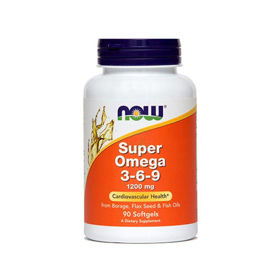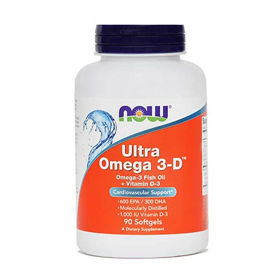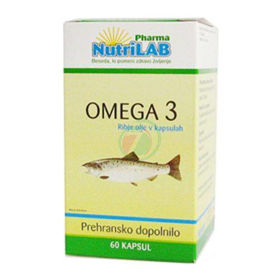Customer question:
Which omega 3 to buy? Which formats are the best quality? Anonymous customer.
Pharmacist's answer:
Fish oil is available in natural and processed forms. Processing can affect the form of fatty acids, which is crucial because some forms of fat are absorbed better than others.
- Fish: in whole fish, omega-3 fatty acids are free fatty acids, phospholipids, and triglycerides.
- Fish oil: in standard fish oils, omega-3 fatty acids are primarily present in the form of triglycerides.
- Refined fish oil: when fish oils are refined, food chemists often convert the triglycerides into ethyl esters, allowing them to adjust the concentration of DHA and EPA in the oil.
- Reformed triglycerides: The ethyl esters in processed fish oils can be converted back into triglycerides, then called "reformed" triglycerides.
All of these forms have proven health benefits, but the absorption of omega-3 fatty acids from ethyl esters is not as complete as from other forms.
Natural fish oil contains several vital nutrients. This is an oil that is obtained from the tissue of fatty fish and is available mainly in the form of triglycerides.
Natural fish oil is also enriched with vitamins A and D, while processed oils mostly do not have these ingredients. Salmon, sardines, herring, menhaden, and cod liver are the most common natural fish oil sources. These oils are also available commercially in capsule or liquid form. Choose above all these quality products.
Interesting reading: Quality omega three capsules












 Facebook
Facebook
 Instagram
Instagram
 info@moja-lekarna.com
info@moja-lekarna.com

